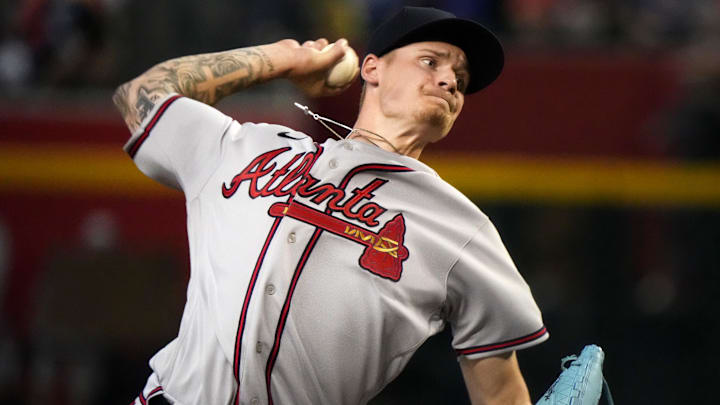
Atlanta Braves Missing a Starter
GM Alex Anthopoulos knew teams will use seven to ten starters in a season. His projected rotation featuring two pitchers receiving Cy Young votes, Fried and Strider, 21-game winner Kyle Wright, and one of the game’s most respected veteran starters, Charlie Morton, looked strong, but he wanted to add a veteran starter. Adding a veteran made depending on a trio of relatively inexperienced candidates for depth less worrisome.
The Braves had payroll space, but Anthopoulos didn’t find anyone in the thin free-agent pitching who would agree to the combination of money and years the Braves were offering.
It wasn’t a case of penny-pinching by ownership. The Braves are currently projected to exceed the first luxury tax threshold this year. According to Fangraphs, the Braves have a current taxable payroll of $244,369,328, while COTS calculates the payroll at $242,219,167, good for fifth in the NL and seventh in baseball.
Let’s Make a Deal
Trading from Major-League-ready pitching depth to add a pitcher makes little sense unless the pitcher comes with long-term control. The success of the early promotions of Michael Harris II and Vaughn Grissom means they are virtually off simply because the Braves don’t have a lot of position player depth.
According to MLBPipeline, the Atlanta Braves have six 50-grade prospects; if you want to trade for a difference-making pitcher, you need to trade a couple of them.
That’s a Wrap
On a happier note, the Atlanta Braves are in the enviable position of having five players in their everyday lineup, and starter Spencer Strider signed or under team option through 2027. Three other players are under control arbitration control through 2026, and two more are under arbitration control through 2028.
Assuming Atlanta Braves GM Alex Anthopoulos didn’t use all of his pixie dust in 2021, his next magic trick is finding starting pitching before the rookies’ arms fall off and the bullpen collapses under the workload.
